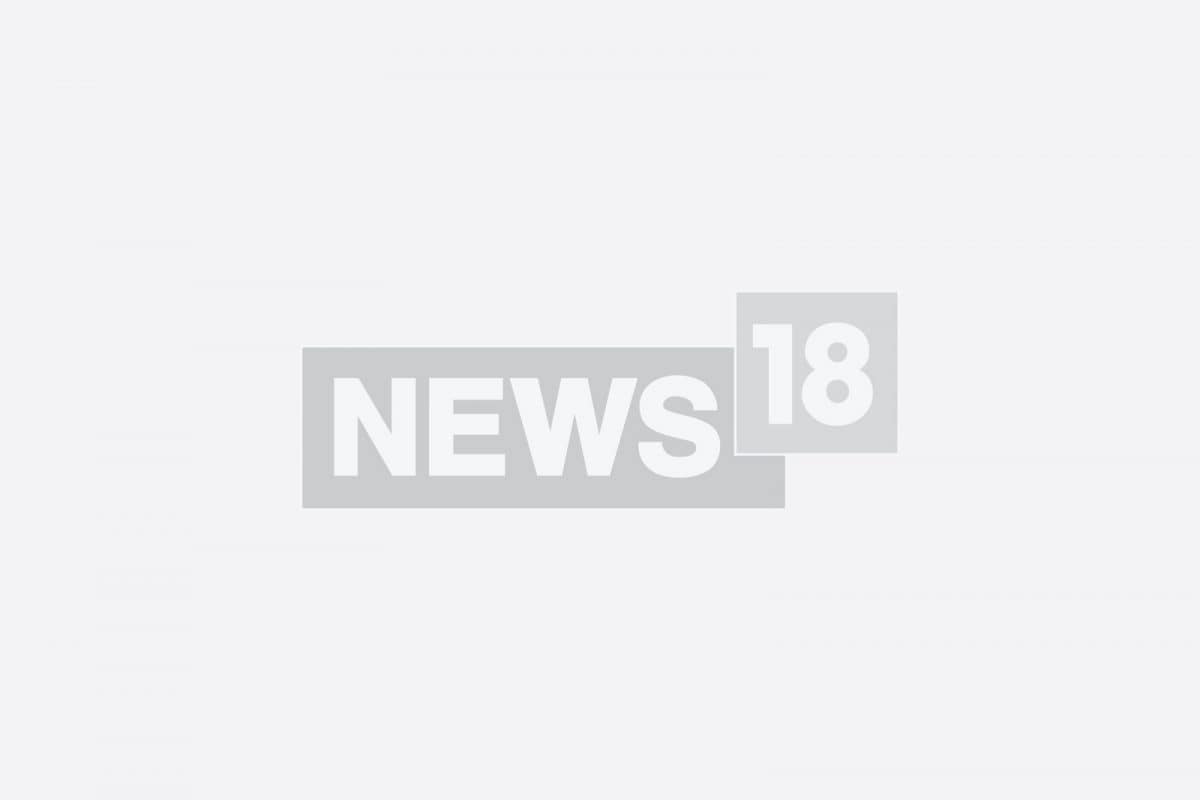Law Student Takes Legal Action Against University Over Allegations of AI Misuse
In a groundbreaking case that highlights the intersection of education and technology, Kaustubh Shakkarwar, a Master of Law (LLM) student at OP Jindal Global University, has taken legal action against the institution after failing an exam due to allegations of using artificial intelligence (AI) to craft his answers. Scheduled for its next hearing on November 14, this case raises critical questions about the permissibility of AI in academic settings and the standards of evidence required in such disputes.
 Students are navigating the complexities of AI usage in education.
Students are navigating the complexities of AI usage in education.
The controversy began after Shakkarwar sat for his exam on May 18 for the course titled Law and Justice in the Globalising World. Following the examination, the university’s Unfair Means Committee alleged that his responses were generated using an AI platform, which subsequently led to his failure. This decision, upheld by the university’s Controller of Examinations, has prompted Shakkarwar to contest their claims in the Punjab and Haryana High Court.
Shakkarwar’s legal team argues that the university has not established a clear policy regarding the use of AI in examinations, which is particularly perplexing given the rapid integration of AI technologies in various fields including education. His counsel, Prabhneer Swani, emphasized that “the university is silent to state that the use of AI would amount to ‘plagiarism’ and thus, the petitioner cannot be prosecuted for what is not explicitly prohibited.” This statement underscores a significant gap in the university’s approach to technology and academic integrity.
The State of AI Regulations in Academia
As AI technology continues to evolve, so too must our understanding of its implications in educational contexts. Universities worldwide are grappling with how to address AI in assessments, and this case serves as a microcosm of a larger issue. Many institutions are still defining their stances on whether the use of AI is acceptable or if it constitutes an unfair advantage.
Shakkarwar maintains that he answered all questions independently. Moreover, he has raised an alarm over the lack of substantial evidence from OP Jindal Global University to support its claims. In his argument, he questions why the university has not provided any “iota of evidence” for the allegations against him. As students become increasingly resourceful in using AI tools, explicit guidelines are essential to navigate the murky waters of academic honesty and technology.
 The legal landscape is evolving in tandem with advancements in technology.
The legal landscape is evolving in tandem with advancements in technology.
Copyright Question: Ownership in AI Assistance
Intriguingly, Shakkarwar challenges the notion that even if he had leveraged AI for assistance, copyright over the content would still reside with him. He cites Section 2(d)(vi) of the Copyright Act, 1957, which asserts that if he did utilize AI, it stands to reason that he would retain ownership of the artistic work, thus nullifying any allegations of copyright infringement. This legal distinction raises vital questions about how academic institutions view electronic aids as potential co-creators of knowledge.
As the lawsuit unfolds, it becomes imperative to reevaluate how we define authorship in an age where AI technologies blur the lines of creativity. With many institutions yet to adopt formal policies against AI use in exams, the question remains: are we ahead of ourselves with accusations before the standards to measure academic integrity in the AI context have even been established?
Shakkarwar’s predicament is a call to action for universities to engage in comprehensive dialogue about the role of AI in education. Lack of clarity could lead to more disputes where students might find themselves at odds with their institutions over technological distinctions that are yet to be codified.
Looking Ahead: The Future of AI in Education
As we navigate through the complexities of AI in academia, it’s encouraging to see discussions and legal challenges like Shakkarwar’s emerge. This can lead to proactivity in establishing fair policies for students and educators alike. Moreover, it encourages other students in similar situations to understand their rights and the legal nuances surrounding academic integrity.
Ultimately, it is through cases like these that we can foster a more transparent and equitable relationship between technology and education—a world where accountability and innovation can coexist harmoniously.
The upcoming hearing on this case could set a precedent not only for OP Jindal Global University but also for educational institutions across the globe. As we anticipate the Court’s decision, it’s clear that this is a dialogue worth having, one that will shape the educational landscape for future generations.














